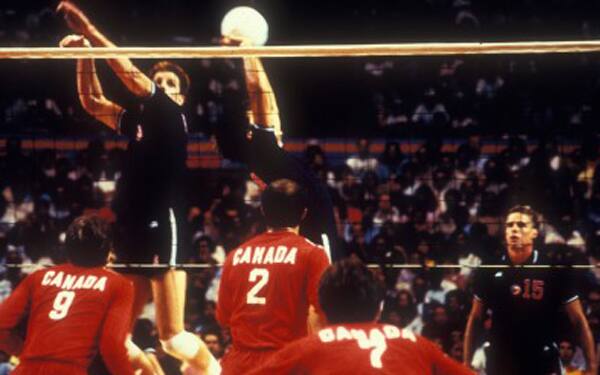
I listened to an interesting radio interview recently with a social psychologist named Roy Baumeister who co-authored "Willpower: Rediscovering the Greatest Human Strength." This book is about the challenge of self-control and the struggle we all have to overcome basic human nature and our tendency toward laziness and procrastination.
One of the conclusions Baumeister drew through extensive research is that willpower should be viewed very much as a muscle that can – and needs to be – exercised and developed. In his view, developing the self-control it takes to eat healthier or get in better shape or be more efficient while doing homework isn’t so different from building up your biceps. But instead of forearm curls, you can build willpower by doing things such as challenging yourself on a daily basis with small tasks.
The interview touched on an intriguing study where people were asked to exert discipline in a certain small aspects of their lives. In one experiment, subjects were instructed to spend the week working on their posture. Researchers found that just by sitting a little straighter, their subjects developed better self-control at lots of other tasks that had nothing to do with posture.
Hearing what Baumeister had to say made me think of the huge role willpower plays in the sport of volleyball. Elite national team athletes obviously must have tremendous willpower to train and condition themselves to compete in world-class tournaments and earn spots on the Olympic team, but willpower is equally necessary at lower levels of the game for players who want to make their practices as productive as possible and play their best volleyball.
A great example of willpower in volleyball is the discipline it takes to consistently cover the hitter. Everybody knows that you’re supposed to do it, and it’s something that most players do most of the time. Borrowing from the posture experiment, here’s a challenge for young players to try in the new year: Focus on covering your hitters for the next week. How often can you remember to be ready when your teammates take a swing? Is it more than last week? And might that help you exert more self-control in other parts of your game?
Considering I played on the U.S. National Team in the 1980s with phenomenally talented hitters such as middle blocker/opposite Steve Timmons, opposite Pat Powers and middle blocker Craig Buck, it would have been easy for me to be lazy every once in a while and not cover the hitter. Those guys put the ball away most of the time anyway. But when you cover the hitter every time, you may make a play that demoralizes the other team.
Think about it. They’ve finally gotten a good block on a great hitter, and you cover it. That renders their great play virtually meaningless. And ultimately, it may tip the match in your team’s favor.
One story I enjoy hearing is told by my longtime friend Tom Pestolesi, who was a teammate of mine when we were juniors and now coaches at Irvine Valley College in California. When he and I played together on the U.S. Junior National Team, the coaches had us doing some crazy drills, including one designed to help you cover the hitter. Player 1 would stand about five feet from the wall, and Player 2 would stand behind him and throw the ball at different angles. Player 1 would then react to play the ball without seeing where it came from.
Tom thought this was one of the lamest drills he’d ever done, and I tend to agree. But he always ends the story by saying that, while everybody else in the gym was going through the motions, I was taking the drill seriously, repeatedly ordering my partner to throw the ball harder, trying to squeeze whatever benefit I could out of something that probably offered very little benefit. And Tom says the willpower I demonstrated motivated him and other players to try harder and practice with more focus.
I take it as a great compliment that Tom still remembers that story, and it illustrates my point: Not everything you’re going to do in volleyball – or in life, for that matter – is exciting or fully functional, but if you have the willpower to make each minute count, you’ll benefit in some way. And it will make you a better player and a better person in the long run.

